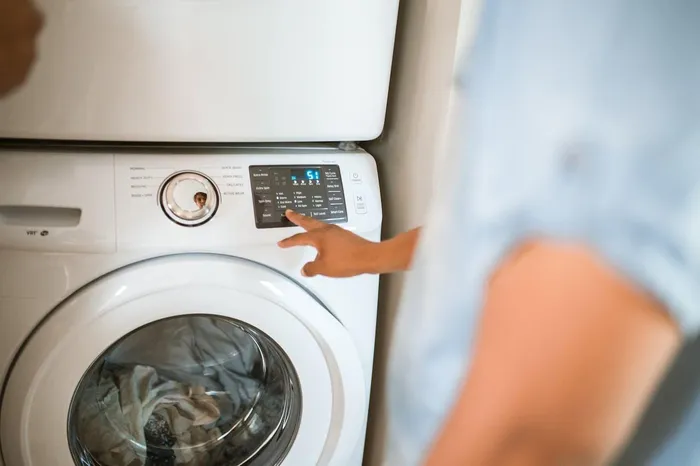Why saving on electrical goods could cost you dearly

Discover the hidden dangers of uncertified electrical goods in South Africa and learn how to protect your home and family from potential disasters.
Image: Pexels
When every Rand counts, it can be tempting to go for the most affordable option. But that bargain plug could pose serious safety risks, and your insurance might not cover a cent of the damage. As more non-compliant electrical goods quietly make their way into homes across South Africa through informal shops and popular online platforms, the risks of fire, electrocution, and financial ruin are mounting.
A recent crackdown by the South African Police Service’s Anti-Counterfeit and Illicit Trade Unit, working with the National Regulator for Compulsory Specifications (NRCS), uncovered thousands of rand’s worth of illicit items. But are these raids enough to keep dangerous products out of your home?
Unfortunately, these crackdowns are a drop in the ocean of illicit trade, so the consumers don’t really see the impact directly, and it’s the growing demand for cost-saving that’s fuelling the market. Whether they’re buying from an unknown hardware store, a local online retailer, or a big international platform, many people don’t realise that the few Rands they save upfront could cost them everything later.
If something goes wrong, there is often little chance of the product being returned or replaced, and the greater danger is the risk of electric shock or fire. To keep your installation safe, any electrical product connected to mains power must meet national safety standards and have a valid Letter of Authority (LOA) from the NRCS, issued to the manufacturer, importer, or distributor. Without these, you could be putting yourself and your family at serious risk.
There’s also a hidden risk many people don’t think about: if non-compliant products are used in your home and something goes wrong, your insurance may not pay out. If the wiring or appliances don’t meet the required safety standards, your insurance claim could be rejected, leaving you to cover the damage yourself.
What to look for before you buy
Don’t let looks fool you, safety is in the details. Always check for certification marks such as SABS (South African Bureau of Standards), UL (Underwriters Laboratories), VDE (Verband der Elektrotechnik), and CCC (China Compulsory Certificate). These aren’t just logos; they’re proof that the item has been independently tested and approved for performance safety.
Buying from reputable local stores, especially those that support South African-made, standards-compliant products.
Ultimately, every household decision matters. One non-compliant product could be the difference between safety and disaster. Don’t take the risk, check the label, know your source, and make sure your next buy won’t cost you more than you bargained for.
* Ndobe is the international export sales executive at CBi-electric: low voltage.
PERSONAL FINANCE